Waste portable and industrial batteries and accumulators (WBA)
Nord Holding accepts and delivers for recycling waste portable and industrial batteries and accumulators.
Batteries and accumulators are divided according to the following indicators:
According to the source of energy,
they are divided into:
According size and application,
they are divided into:
Portable batteries and accumulators
Portable batteries are small in size (under 2 kg) and are extremely diverse according to their constituent materials and internal chemical compounds used in their make.
Common in daily life portable batteries and accumulators include:
The most popular primary portable batteries are alkaline batteries, which are small,
usually cylindrical, and are used in households to power remotes, toys, etc.
The most popular secondary batteries are lithium-ion batteries, which are used in consumer electric appliances and portable electronic devices for household use.
Industrial batteries and accumulators
Industrial batteries and accumulators are diverse in composition, the most common being:
Industrial batteries are used in:
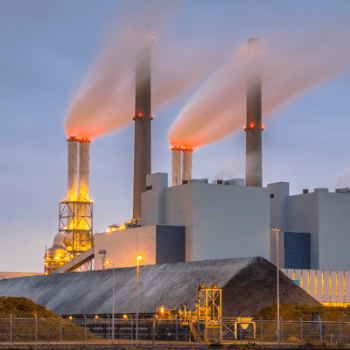
INDUSTRY
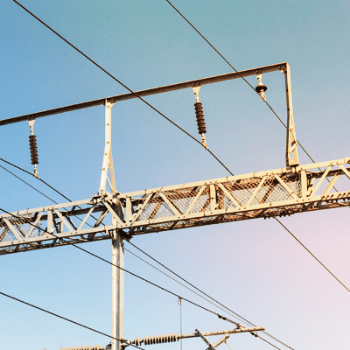
ELECTRICALLY POWERED TRAMS, TROLLEY BUSES AND OTHER AUTONOMOUS VEHICLES
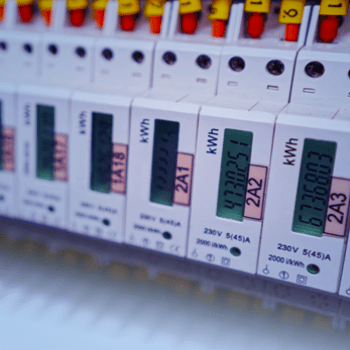
EMERGENCY POWER SUPPLY
IN LARGE PUBLIC BUILDINGS
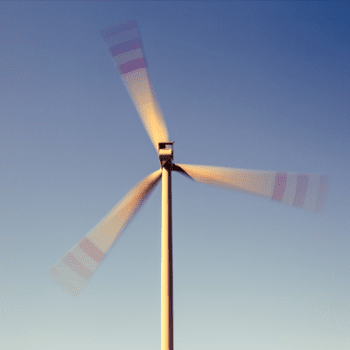
STORAGE OF ELECTRIC POWER FROM ALTERNATIVE SOURCES, ETC.
Recycling process
The process of recycling, recovery
or disposal of portable and industrial
WBA includes the following operations:
Before submitting WBA for recycling, we require facilities
to ensure that they meet the requirements of European legislation for minimum recycling percentage
thresholds per battery types.
Typically, the recycling process of WBA includes:
Alkaline and air-zinc portable batteries
Nickel-cadmium batteries and accumulators
Lithium-ion batteries and accumulators
Benefits
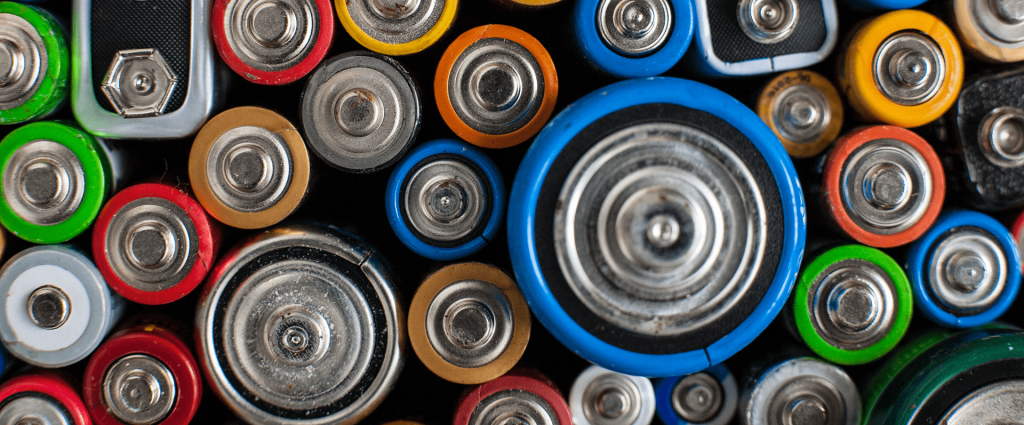
Recycling waste portable and industrial batteries
and accumulators gives us valuable raw materials such as:
These materials are fed back into industry, offsetting
the limited natural resources mined for their production.
!
Important information:
Batteries and accumulators are an important part of modern man’s daily life – from the mobile phone, laptop, electronic game and remote control to the tram and the electric car.
Seemingly inconspicuous as part of other appliances and equipment, their quantity is actually huge, so if they are landfilled or thrown into general waste, they can cause significant damage to nature.
The reason for this is that they contain dangerous substances that can contaminate water and soil: for example, the acid in a car battery, the mercury in button batteries, the cadmium in nickel-cadmium batteries, etc.
